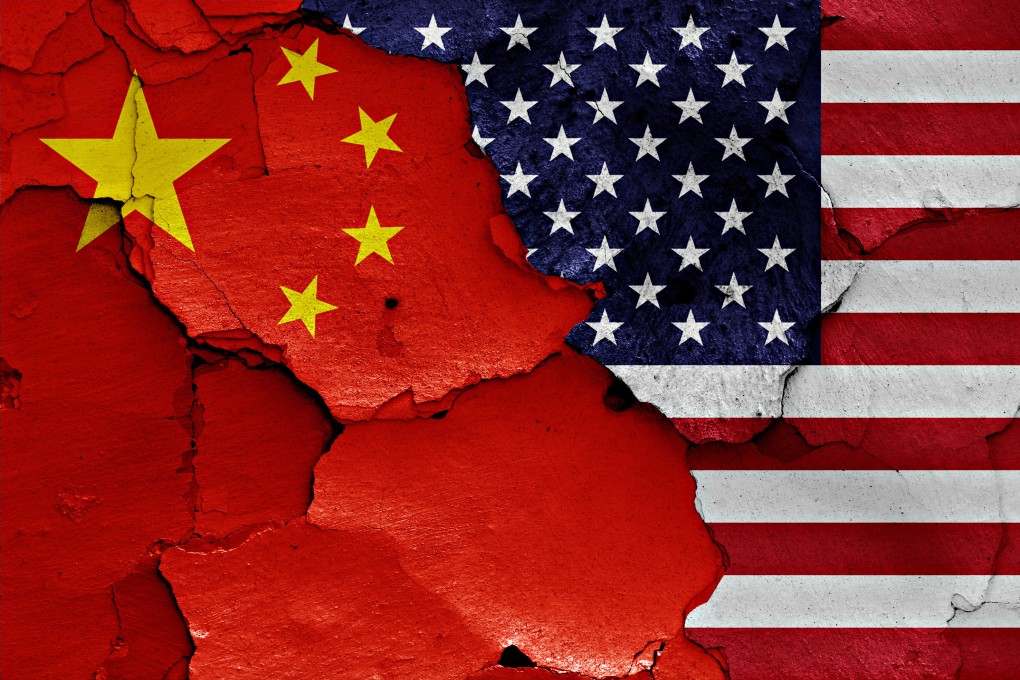China’s anti-sanction law won’t free tech companies from stranglehold from US restrictions, experts say
- The new law will not lead the US to reverse course on sanctions, but it could force foreign firms to think twice about enforcing them or face lawsuits in China
- New legislation passed in China and the US could further entrench moves towards long-term technological decoupling, experts say

China’s latest response aimed at blunting the effects of US sanctions will do little to relieve the pressure on companies currently denied access to key technologies from Western countries, but it could further the ongoing decoupling process, according to experts.
The new anti-sanction law, passed by China’s top legislative body on June 10, provides legal backing for sweeping retaliation against any individuals, their families and organisations responsible for enforcing foreign sanctions. It came two days after the US Senate passed the landmark Innovation and Competition Act, which identifies China as a key rival to US technological dominance.
Experts said that the latest move will not pressure the US to reverse sanctions already in place against Chinese tech giants, but it could force foreign firms to rethink their China market strategy.
Companies will think twice before complying with sanctions, said Henry Gao, a trade law professor at Singapore Management University, because it will expose them to lawsuits by Chinese firms if they suffer losses as a result.
“Due to the hegemonic power of the US, most firms will probably choose to comply with US sanctions first if they can. So the effect might be limited,” he said. “Many firms will be facing hard choices and might want to segment their China operations from the rest of the world.”
It is the latest escalation in an intensifying tech war between the world’s two largest economies. The US has also stepped up efforts to curb China’s increasing influence in hi-tech industries and related supply chains.